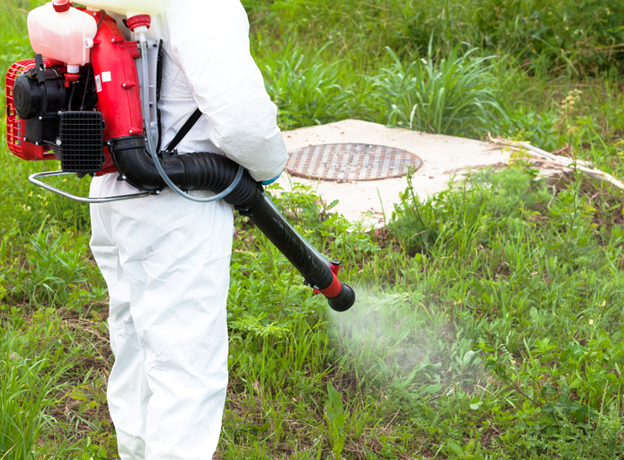One of Rockville’s best natural treasures, Rock Creek Park, is a quick trip into nature for most residents. The natural features that make Rock Creek Park at once beautiful also provide exemplary breeding grounds for mosquitoes. Dead zones that stretch a short distance near each end of the park mean people living in the areas surrounding the park experience many times the number of mosquitoes during Rockville’s warmer months, May to October, than residents in other areas of the city.
In other parts of Rockville, where mosquito populations could be more concentrated, areas adjacent to Rock Creek Park see regular migration from the park’s expansive breeding ground for a lot of pests in Rockville.
The Ripple Effect on Nearby Rockville Neighborhoods
Higher Mosquito Activity Despite Clean Properties
In the summer, residents living near Rock Creek Park frequently endure swarms of mosquitoes even when their own homes are impeccably maintained. You have removed all possible breeding sites from your yard, yet you are every night chatting away with mosquitoes.
Migration from Park to Private Yards
Mosquitoes quickly transfer from the park’s wooded places into residential backyards, even if you have little or no standing water in your home. Scent trails, the exhalation of all living creatures (carbon dioxide), and heat will follow and guide them right to your yard. Those natural breeding sites, such as the park, are actually where mosquitoes breed before making your pristine backyard a dining destination.
Impact on Outdoor Activities
Constant bites, allergy reactions, and the chance of disease make enjoying your backyard BBQ, garden, and evening walks just plain unpleasant or unsafe. The West Nile Virus averages 8-12 cases reported each year in Montgomery County, and in places where mosquitoes will be plentiful, like near Rock Creek Park, there are sure to be some unreported cases, too.
Why Is Rock Creek Park a Mosquito Magnet?
Natural Water Sources Create Perfect Breeding Conditions
The many streams, ponds, and seasonal pools in Rock Creek Park are optimal breeding grounds for several species of mosquitoes. These are different from temporary puddles that dry up very fast; they cover natural water surfaces and stay constantly available all through the mosquito season. The 1,754 acres of the park have numerous unique micro-habitats that enable the mosquito to complete its life cycle without being disturbed.
Dense Vegetation Offers Protection and Food Sources
The dense canopy and undergrowth of the park are great for mosquitoes, which prefer shaded, humid habitats. These locations are cooler during hot summer days and will hold moisture longer after it rains. There are also many plant nectars where adult mosquitoes feed, and the soil is full of decomposing organic matter, which provides nutrients for developing mosquito larvae.
Limited Human Interference
While mosquito control measures are routinely employed in developed residential or commercial areas, Rock Creek Park has little human presence to adjust the environment and is thus a complex natural ecosystem. This means that regular treatments or habitat modification do not disrupt such populations but allow them to thrive.
Managing Mosquitoes Requires More Than Just DIY
Most DIY mosquito control methods near Rock Creek Park are less effective because they treat symptoms rather than pest triggers. They are no match for the steady stream of mosquitoes entering the park from their breeding grounds, and store-bought mosquito sprays and citronella candles might help for a minute.
It becomes even more complicated when you realize that most mosquito species need a different strategy to be controlled. Professional services such as Green Pest Services can also recognize and treat breeding locations that a house owner might miss. Even an experienced property owner sometimes misses locations such as clogged pipelines, tree gaps, or ornamental features that gather water. A trained eye can detect these problem areas and check them before they become a significant breeding ground.







